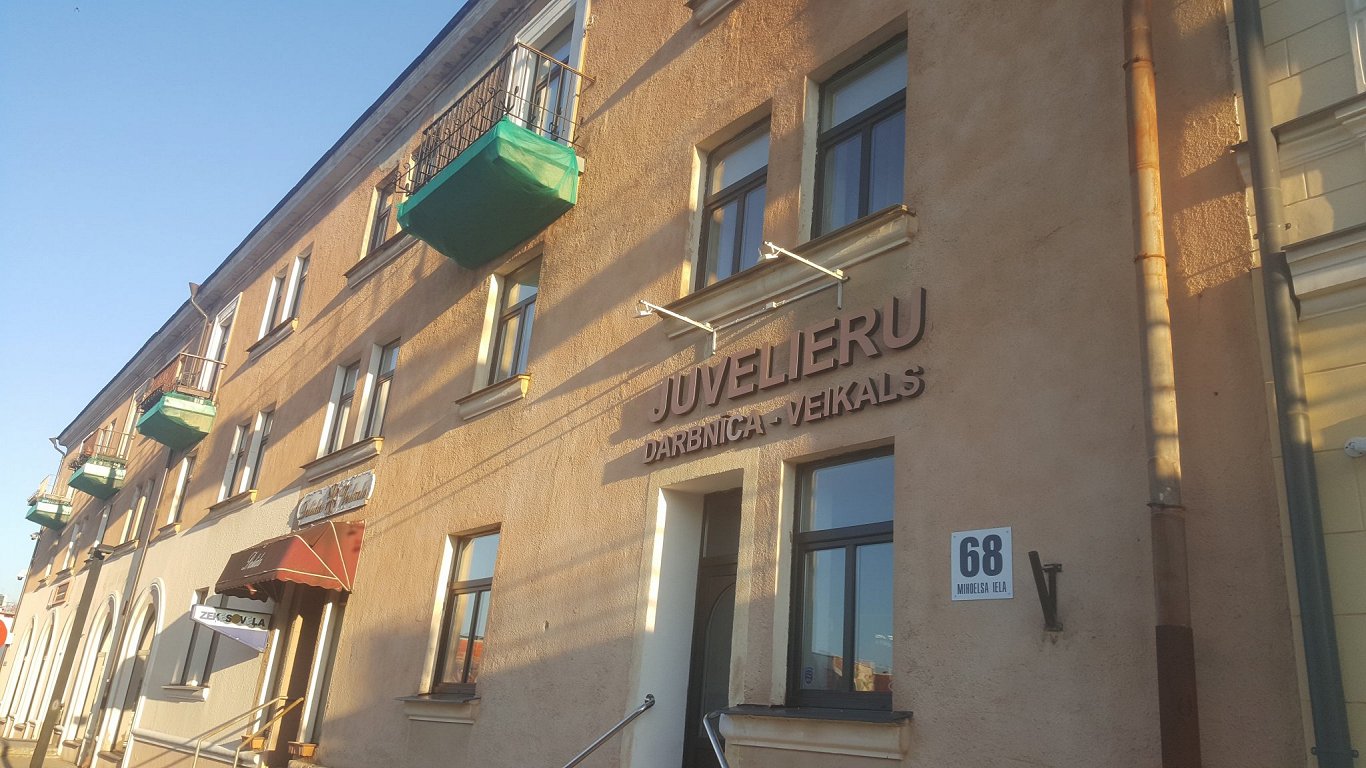As of January 1, 2021, the patent tax regime, which was considered convenient and advantageous by several professions, will no longer work. Last year, the number of patent payers in Latvia was a little over 6,000 – mainly photographers, hairdressers, masseurs, watchmakers and jewelers. Next year, they will have to look for a new tax regime – also for Latgale craftsmen, who assessed tax changes negatively.
For almost 11 years – since 1 January 2010 – economic operators in a number of specific areas in certain countries have been able to choose to pay a patent fee instead of mandatory personal income tax (PIT) and mandatory state social insurance contributions. It is a single fixed payment determined by the state, which includes PIT and state social insurance mandatory contributions for the economic activity of a natural person. In the capital, Riga, the patent fee is 100 euros, but in the regions – 50 euros per month to operate legally and safely in your industry.
Among the patent payers is also a jeweler living in Daugavpils: Valērijs: “I used to be self-employed and then switched to patent payments. I paid 50 euros a month, I paid immediately for half a year. But now, obviously, you will have to become a self-employed person again or open a limited liability company at all.
I don’t know yet what to do next. I view its changes negatively, but somehow we will have to move to another form of activity. “
The intention of the Ministry of Finance (MoF) to abolish the patent fee tax regime, which was accepted at an extraordinary meeting of the Cabinet of Ministers this autumn, is forcing these persons to reconsider their form of activity.
“As of January 1, it will no longer be possible to obtain this new patent status and, accordingly, to acquire these patents. It is one of the steps related to tax changes. The main goal is to increase social protection (…),” explained the Deputy State Secretary for Taxation. , Customs and Accounting Ilmārs Šņucins.
Ineta Liepniece, a consultant of the Preili Region Business Center, emphasized that the tax change is untimely when analyzing the situation in her region.
“The country is not doing well and there was no need to change the tax system at the moment, it will deprive many families of bread.
These small businesses – it’s good if they are. And it is good that they are functioning and able to provide for themselves and relieve this social budget. Good if the person is rich in initiative and active. If a person falls into this social burden and no longer thinks, it is degrading. On the other hand, of course, social contributions are important, because then there is nothing to protect him, “said a consultant from the Preili Region Business Center.
Latgale will be least affected by this tax change, because, according to statistics, the share of patent payers has been the lowest here, the Ministry of Finance confirmed. “In 2019, a total of 6,324 people used this regime. If we look at the regions, it is the least in Latgale – 340 people or 5%,” said the representative of the Ministry of Finance.
Latgale potter, potter Lilija Zeļa was a patent payer. Involvement in a project has led to a review of the way activities are registered.
“I was a patent payer for two years, I’ve been self-employed since August. Then I paid € 50 a month, but it was a simple report. I didn’t earn € 12,000 a year and I had no problem. pay regardless of whether you earned something or not, “explained the potter.
In the tax reform, the self-employed will now have to pay tax in order to be socially secure. It is unlikely that their craftsmen will be able to, Zeļa assessed.
“When you have to earn at least 500 euros a month and pay 170 euros in taxes from them. Maybe hairdressers or nail makers will be able to, but weavers and folk art will not be able to,” said the Latgale potter.
Time will tell whether the abolition of the patent tax regime will be justified and whether it will not promote the shadow economy. It currently affects around 6,000 people in the country.
A quarter of these patent payers are pensioners or people with disabilities who pay a reduced patent fee. The reduced patent fee for these persons will be maintained in the future, the FM promised. But other patent payers will have to look for other alternative forms of action after January 1 next year.
–
Highlight text and press Ctrl+Enterto send the text to be edited!
Highlight text and press Report a bug buttons to send the text to be edited!
–
–


